Etsy Loses VP Growth As Mike Jacobs Takes On CMO Role At Upside
Etsy VP Growth Mike Jacobs has taken on a new job at Upside, leaving active buyer and GMS growth strategy up in the air at critical time for the company.
Jacobs had served as VP Growth at Etsy since 2021, with the only public hint of his impending departure being a cryptic "coming soon" note for his current job title on LinkedIn.
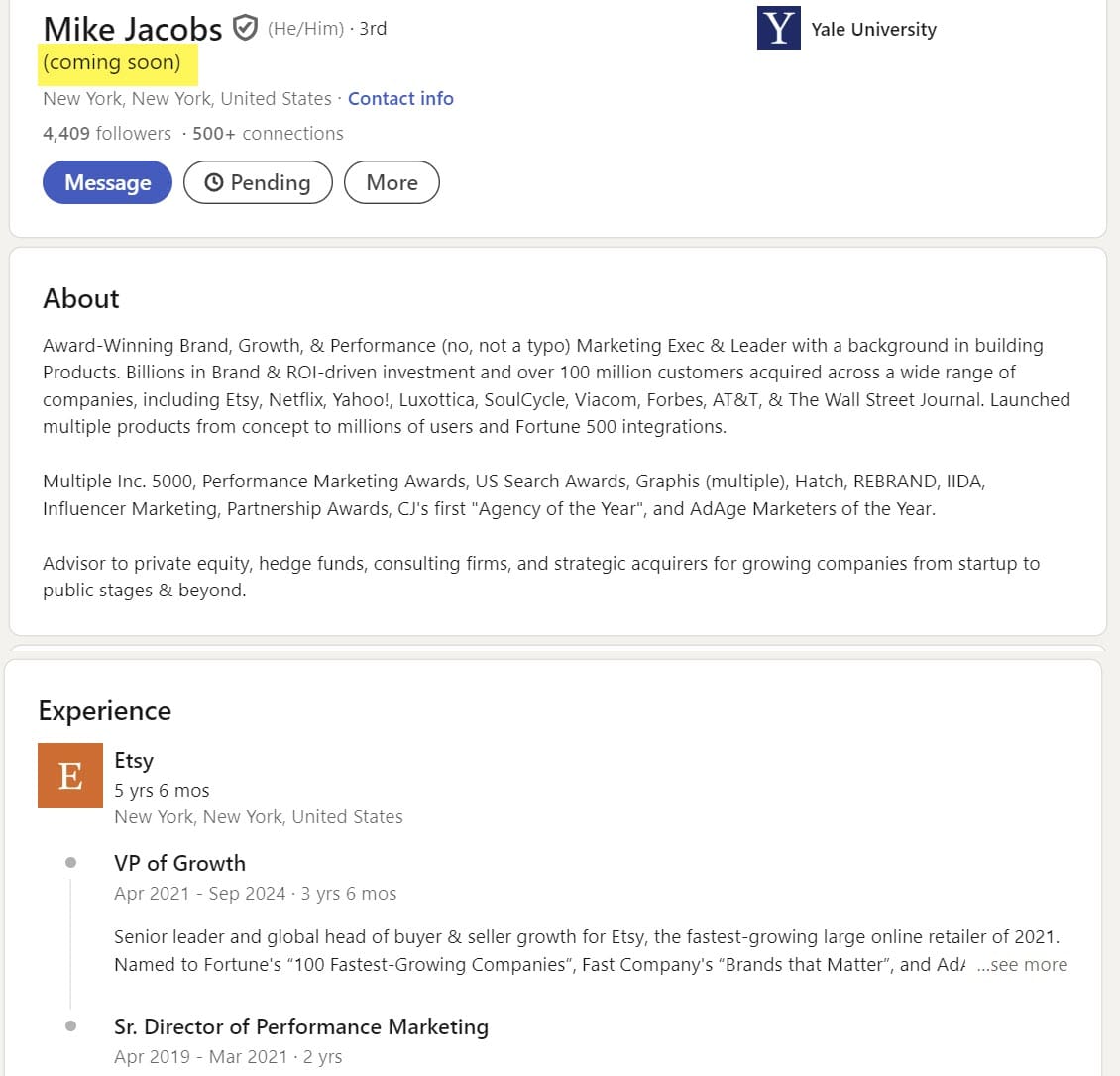
But that changed today as digital marketplace platform Upside announced Jacobs has joined the company as Chief Marketing Officer and President, Consumer along with ex-Plaid Marketing and Sales Development Lead Kiki Burton, who is joining as Chief Growth Officer.
Washington, D.C. – September 30, 2024 – Upside, a leading digital marketplace dedicated to empowering individuals and businesses financially, today announced two strategic hires, Kiki Burton as Chief Growth Officer and Mike Jacobs as Chief Marketing Officer and President, Consumer. The two respected industry leaders will be responsible for driving transaction and retailer growth.
Upside operates as a two-sided marketplace, creating a win-win that delivers value for both consumers and retailers. Through the platform, retailers benefit from incremental profit, while consumers get cash back on everyday purchases.
As both sides of the marketplace grow, increased retailer participation offers more cash back opportunities for consumers, and the larger consumer base drives more business to retailers, creating a self-reinforcing cycle. To date, the platform has helped consumers earn nearly $800 million in cash back and generated $1.5 billion in incremental profit for retailers.
At time of publishing, Etsy has not responded to request for comment regarding who will be replacing Jacobs to lead growth at the company going forward.
The move comes at a difficult time for Etsy, with increasing investor pressure to show significant growth for both the main Etsy site and owned "House of Brands" sites Depop and Reverb.
Reverb undertook a quiet workforce reduction earlier this month, eliminating over 40 roles across all areas of the company and bringing the total headcount close to where it was when Etsy acquired it in 2019.
Many of the impacted employees appear to be longtime Reverb staff from before the acquisition or those who joined shortly after Etsy took over, raising concerns about loss of critical institutional knowledge and experience and increasing the possibility this may be a last ditch, hail Mary effort before exploring a sell off.
And just weeks after those layoffs, Chief Product Officer Bradford Shellhammer has left the company as well.
Depop is experimenting with a fee structure shake up, removing selling fees in both the UK and US and shifting fee costs to buyers instead - a similar strategy that has been undertaken by competitor Mercari, with mixed results.
On the Etsy side, the company has struggled with lagging buyer and GMS in recent quarters and seems to be pinning its hopes on gifting focus and efforts to drive repeat purchases on the platform.
The Etsy Insider buyer membership program was announced ahead of Q2 earnings, with the company hoping to put their own spin on the Amazon Prime concept, but it will be a slow rollout with a limited cohort of buyers and not likely to make an impact in critical Q4 holiday season sales.
They've also undertaken a series of search algorithm tweaks, using a carrot and stick approach to try to get sellers to offer cheaper shipping prices to attract budget-conscious shoppers.
That quest for growth could lead to some questionable business practices as well, as several sellers report Etsy appears to be stretching the truth in on site messaging about discount frequency and amounts - possibly using AI.
Their most recent monthly update revealed Etsy is testing more ways for buyers to get an immediate refund for their purchase in the form of Etsy credit to keep them coming back to shop as well as new efforts to survey buyers about their support experiences both with Etsy and with sellers directly.
Alarmingly, it also appears that Etsy is just now getting around to collecting the Colorado Retail Delivery Fee, which was passed into law and became effective in July 2022, and they don't appear to be even be aware as a marketplace facilitator they are also responsible for collecting and remitting the Minnesota Retail Delivery Fee that went into effect on July 1, 2024.
That could set Etsy up for increasing regulatory scrutiny in the US, on top of the attention they are already receiving from Irish regulators who have named the company, among others, in a review of EU Digital Services Act content reporting compliance.
The media regulator, Coimisiún na Meán (CNM), is concerned that people are having difficulty reporting illegal content to online platforms under the DSA, and while the review is currently in a "voluntary information gathering stage" choosing not to respond could be a risky proposition as the regulator could then move forward with enforcement if they have "substantiated concerns regarding compliance" - with penalties that can reach up to 6% of global annual turnover if a company is found to be in violation.
Etsy has been increasingly under fire for the sheer volume of counterfeit, IP infringing and illegal items on the platform, revealing a troubling lack of policy enforcement that has serious brand damaging consequences.
Citron Research took Etsy to task over this issue last year, saying the site is the "largest organized clearinghouse for counterfeit goods in the world."
Etsy has also long been criticized for allowing mass produced items from Aliexpress and others to be sold on the site in violation of their handmade policies, and opening the site up to allow sellers from China earlier this year has added even more fuel to concerns that the marketplace will continue to be be overrun with counterfeit, illegal or policy violating products from overseas.
While Etsy says it has stepped up enforcement in recent times, the increasing use of AI has led to many legitimate handmade items being caught in the automated bot dragnet, harming real sellers while leaving some of the most egregious violators free to sell on the site.
Etsy's entire brand was built around the value of handmade and the idea of "keeping commerce human" which has posed a challenge as investors push to see more growth in the marketplace, pressuring to expand the depth of items on the site and appeal to budget-conscious shoppers to get buyers coming back during difficult economic times.
That has lead to a recent rethinking of Etsy's Creativity Standards, which opened the door to some items that had not previously been allowed under marketplace policies, but also created a sticky situation as Etsy increasingly replaces "keeping commerce human" with AI often getting policy enforcement very wrong.
Most recently, sellers are increasingly receiving takedown notices of authentically handmade items for supposed Creativity Standards violations due to stolen images with no ability to appeal to have the listings reinstated.
Meanwhile, many listings for actually counterfeit and illegal items remain active on the site, putting Etsy in a very difficult position as any significant action to clean things up would likely be a further drag on growth.
In the battle of "keep commerce human" vs "growth at all costs", it appears the latter is currently winning at Etsy - though it remains to be seen if it will be enough to keep activist investors happy.




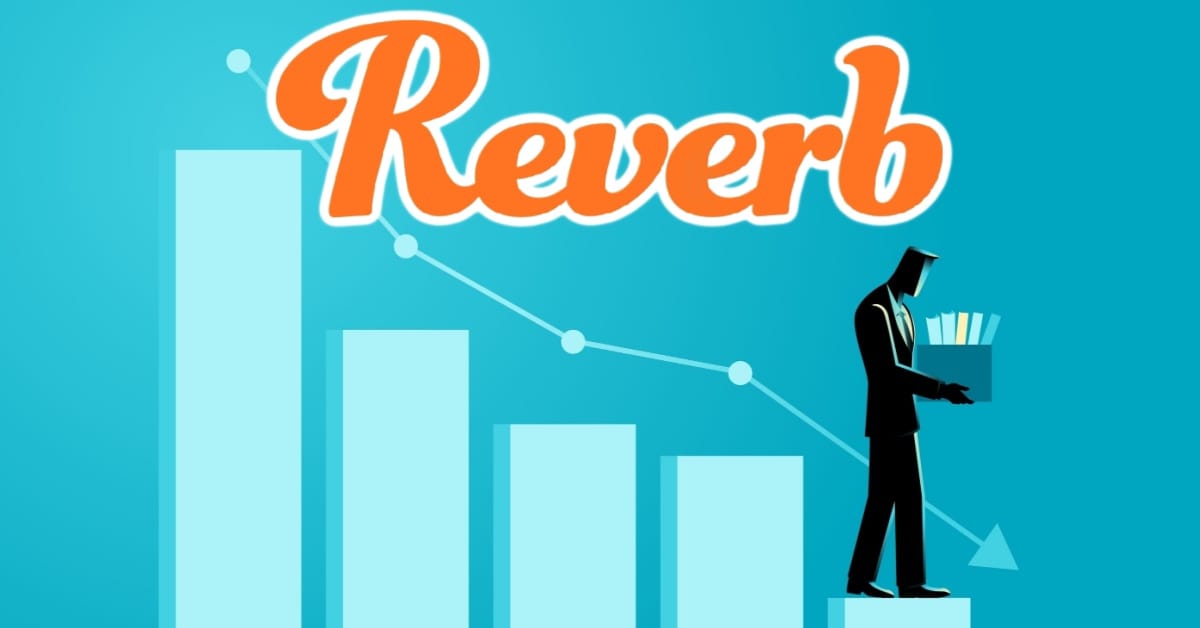



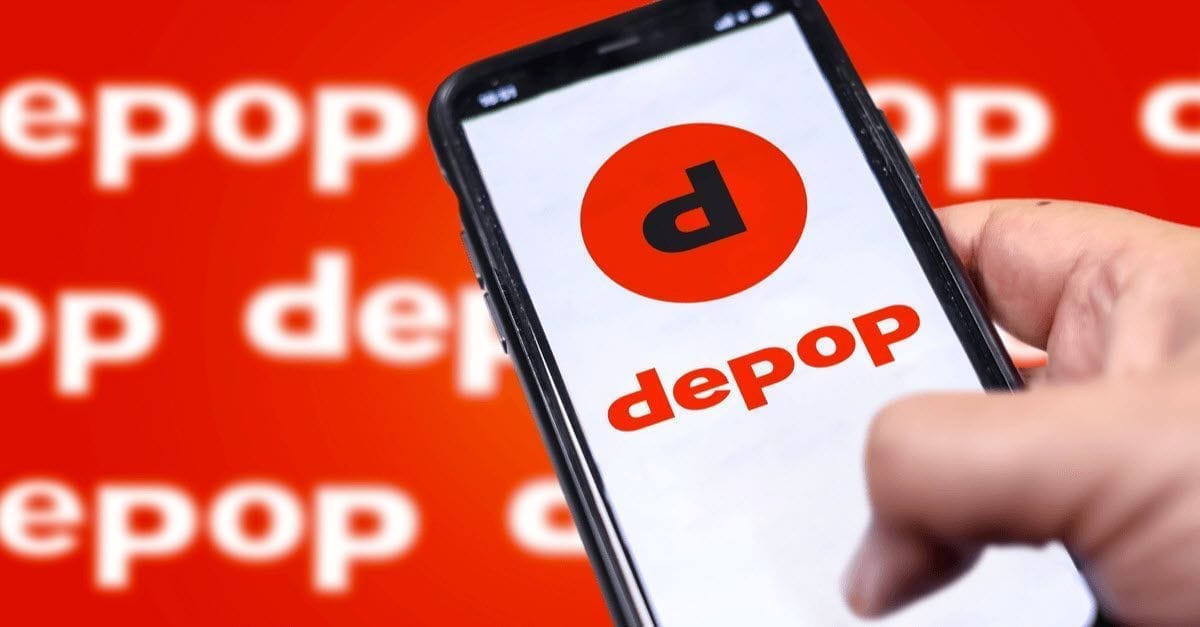





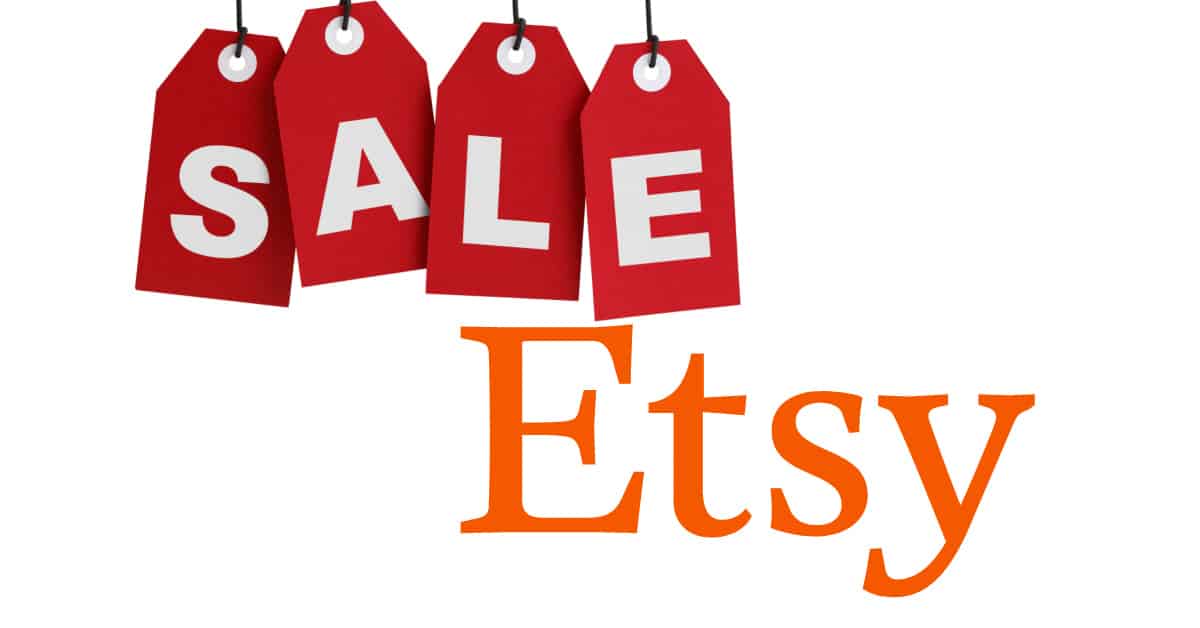

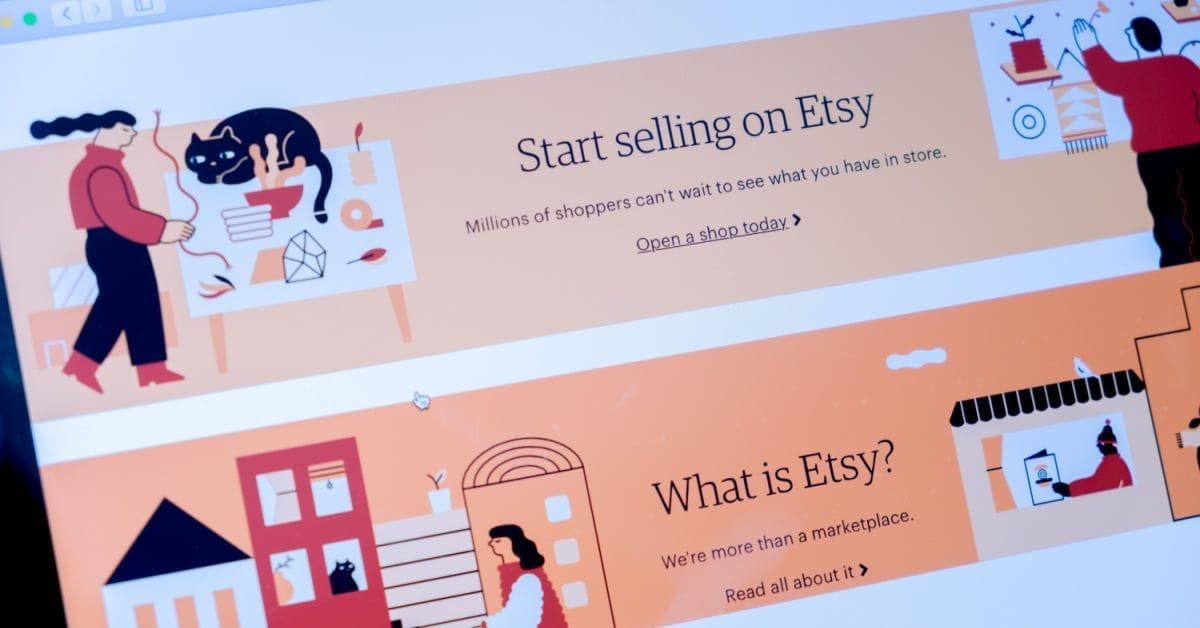

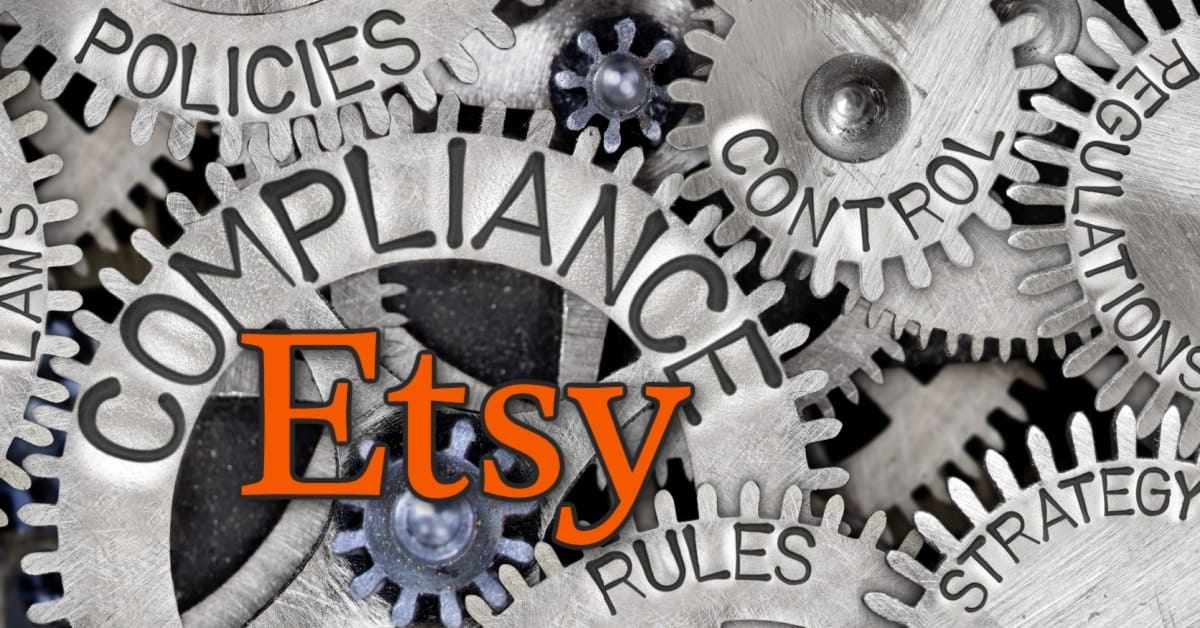

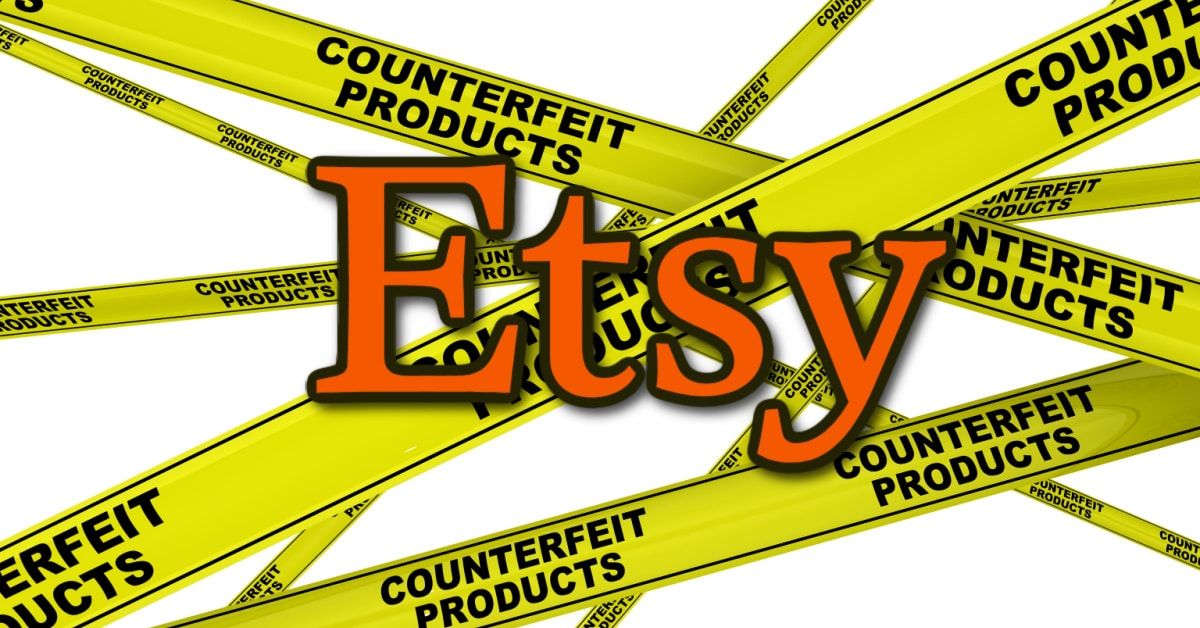



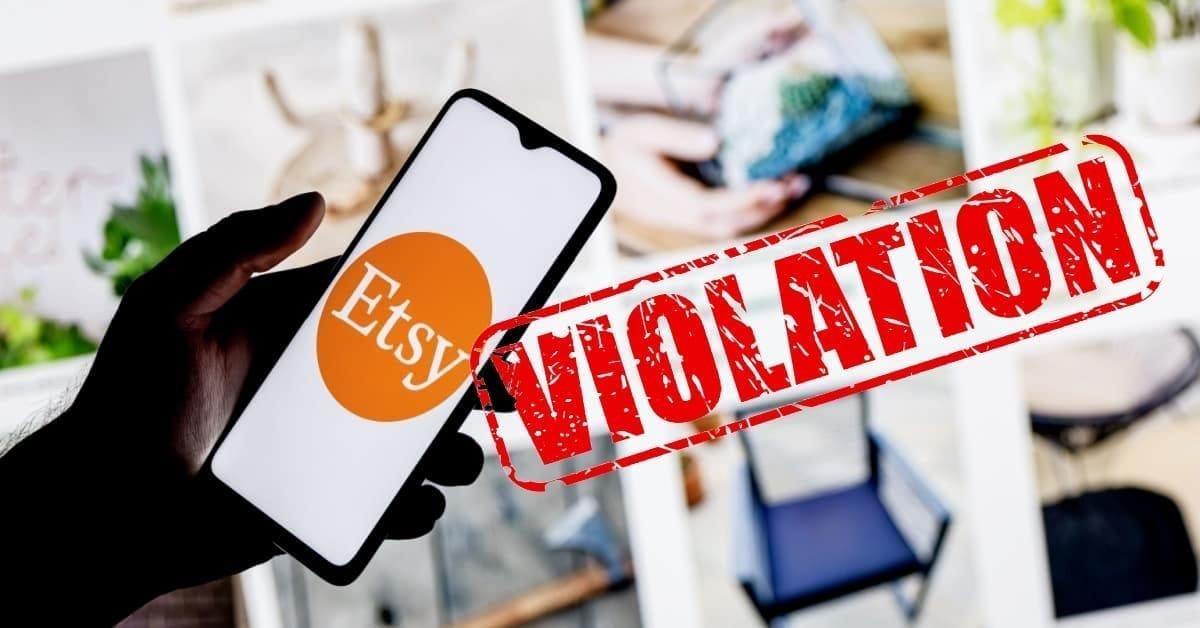

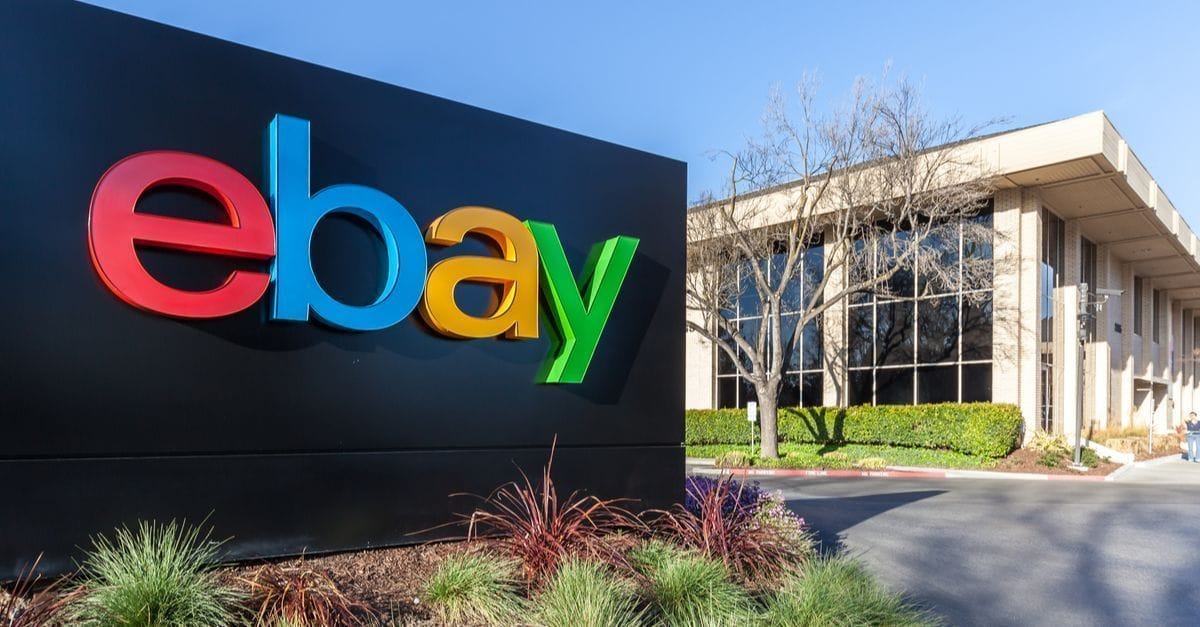

 cwi
cwi












